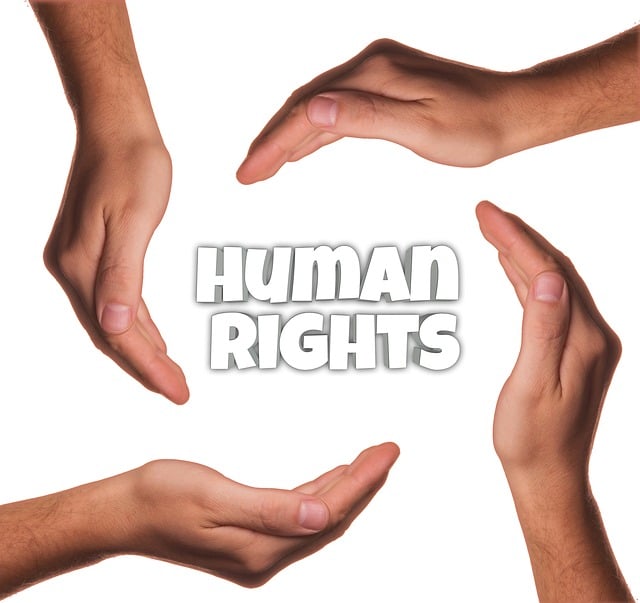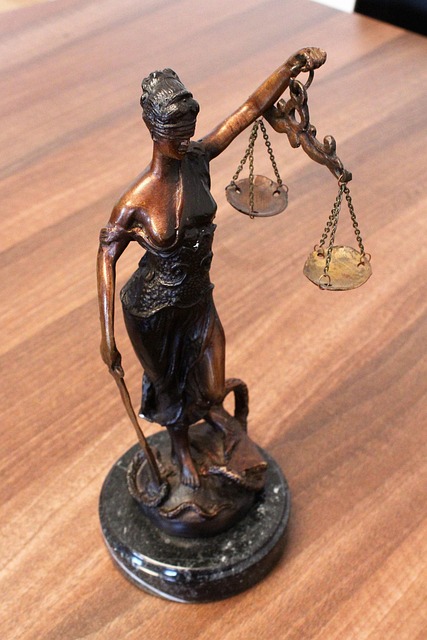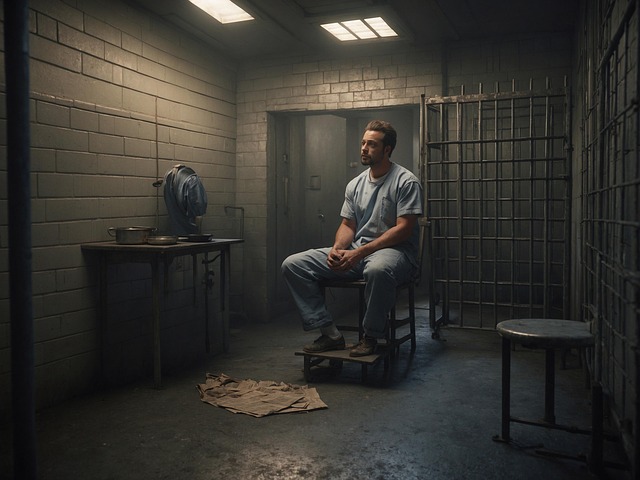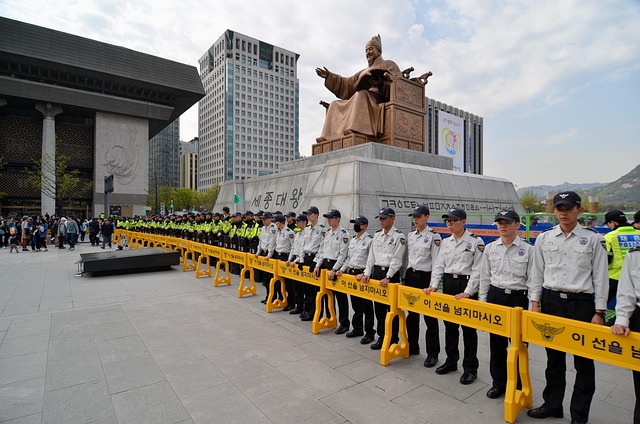Understanding Consumer Protection Laws offers individuals powerful rights against unfair business practices. To overturn a wrongful conviction, follow specific steps: thoroughly investigate and gather evidence, build a strong legal argument based on consumer rights violations, and present it in court with specialized attorneys' assistance. This process involves meticulous document review, evidence collection, identifying legal violations, filing complaints, meeting deadlines, and appealing to higher courts for charge dismissals, ensuring justice prevails.
Consumer protection suits are crucial tools for ensuring fair business practices. This comprehensive guide delves into the intricate world of consumer rights, helping individuals identify potential wrongful convictions in their cases. From understanding foundational laws and gathering evidence to navigating legal processes, we provide essential steps for challenging and overturning unfair judgments. Learn how to protect your rights and know the actions to take if you’ve been wrongfully accused, focusing on the vital steps to overturn a wrongful conviction.
- Understanding Consumer Protection Laws: Rights and Protections
- Identifying a Potential Wrongful Conviction in Consumer Cases
- Gathering Evidence and Consulting Legal Experts
- Navigating the Legal Process: Filing a Consumer Protection Suit
- Steps to Challenge and Overturn a Wrongful Judgment
Understanding Consumer Protection Laws: Rights and Protections
Understanding Consumer Protection Laws grants individuals powerful rights and protections against unfair business practices. These laws are designed to ensure that companies treat consumers fairly, providing transparent information and avoiding deceptive or misleading tactics. By knowing their rights, consumers can take proactive measures to protect themselves from potential fraud or exploitation.
In the event of a wrongful conviction due to violations of consumer protection laws, there are specific steps individuals can take to overturn the decision. This process often involves gathering compelling evidence, constructing a solid legal argument centered around the violation of rights and protections, and presenting this case to a court of law. Across the country, white-collar defense attorneys specializing in consumer protection suits play a crucial role in guiding clients towards a complete dismissal of all charges.
Identifying a Potential Wrongful Conviction in Consumer Cases
Identifying a potential wrongful conviction in consumer cases is a critical step to protect consumers’ rights and ensure justice. Consumers often find themselves entangled in legal battles, facing accusations that may seem unfair or unfounded. The first steps towards overturning a wrongful conviction involve thorough investigation and understanding of the facts. Legal professionals can help unravel complex consumer protection laws and procedures, enabling clients to present their cases effectively.
By examining the evidence, gathering testimonies, and reviewing legal precedents, attorneys can build a compelling argument for a complete dismissal of all charges. This process requires meticulous attention to detail and a deep understanding of the rights afforded to consumers under both state and federal laws. Through strategic navigation, the goal is to achieve a favorable outcome, ensuring that justice prevails and that the rights of innocent individuals are protected within the framework of jury trials, supported by the sympathy and advocacy of philanthropic and political communities.
Gathering Evidence and Consulting Legal Experts
Gathering evidence is a critical step in consumer protection suits. It involves meticulously documenting every interaction, collecting relevant documents, and securing digital records. This process demands a strategic approach, especially when dealing with complex financial transactions or technical issues. Engaging corporate and individual clients alike, legal experts play a pivotal role in guiding these efforts. They ensure that evidence is collected and preserved according to all stages of the investigative and enforcement process, enhancing the case’s strength.
Consulting legal professionals specialized in general criminal defense and consumer law is essential when aiming to overturn a wrongful conviction or secure favorable outcomes in consumer protection cases. These experts can help interpret laws, navigate regulatory frameworks, and identify procedural errors that may have occurred during investigations. By leveraging their knowledge and experience, they assist clients in presenting compelling arguments and gathering substantiating evidence, ultimately advocating for their rights.
Navigating the Legal Process: Filing a Consumer Protection Suit
Navigating the legal process to file a consumer protection suit can be complex, but understanding the steps is crucial. The first step in overturning a wrongful conviction or pursuing high-stakes cases is consulting with an experienced attorney who specializes in consumer law. They will guide you through the intricate procedures and help build a strong case. This involves thoroughly reviewing relevant documents, gathering evidence, and identifying the legal basis for your suit.
The process begins with filing a complaint, which outlines the alleged violations and seeks redress. This is followed by service of the complaint to the defendant, who then has the opportunity to respond. Throughout this journey, it’s vital to stay proactive, ensuring all deadlines are met and complying with court orders. In high-stakes cases, where the stakes for consumers and the business world can be significant, the support of advocacy groups and involvement from philanthropic and political communities may also play a crucial role in achieving justice.
Steps to Challenge and Overturn a Wrongful Judgment
If a consumer protection suit results in a wrongful judgment, there are legal avenues to challenge and overturn such a decision. The first step is to carefully review the case file and identify any procedural errors or inconsistencies that could have led to an unfair outcome. This may involve re-examining evidence, witness testimonies, and legal arguments presented during the trial.
Once potential grounds for appeal are identified, the next step is to consult with a seasoned attorney who specializes in consumer law and has an unprecedented track record of achieving extraordinary results. They can guide you through the process of filing a motion for a new trial or appealing the judgment to higher courts. With their help, you can present compelling arguments and evidence to advocate for the complete dismissal of all charges, ensuring justice is served.
Consumer protection suits are a vital tool for ensuring businesses uphold their responsibilities. By understanding your rights, identifying potential wrongful convictions, gathering evidence, and consulting legal experts, you can navigate the legal process effectively. If a judgment goes against you, don’t despair; there are clear steps to challenge and overturn a wrongful conviction. Armed with knowledge and professional guidance, consumers can protect themselves and hold businesses accountable, ensuring a fair and just marketplace for all.






